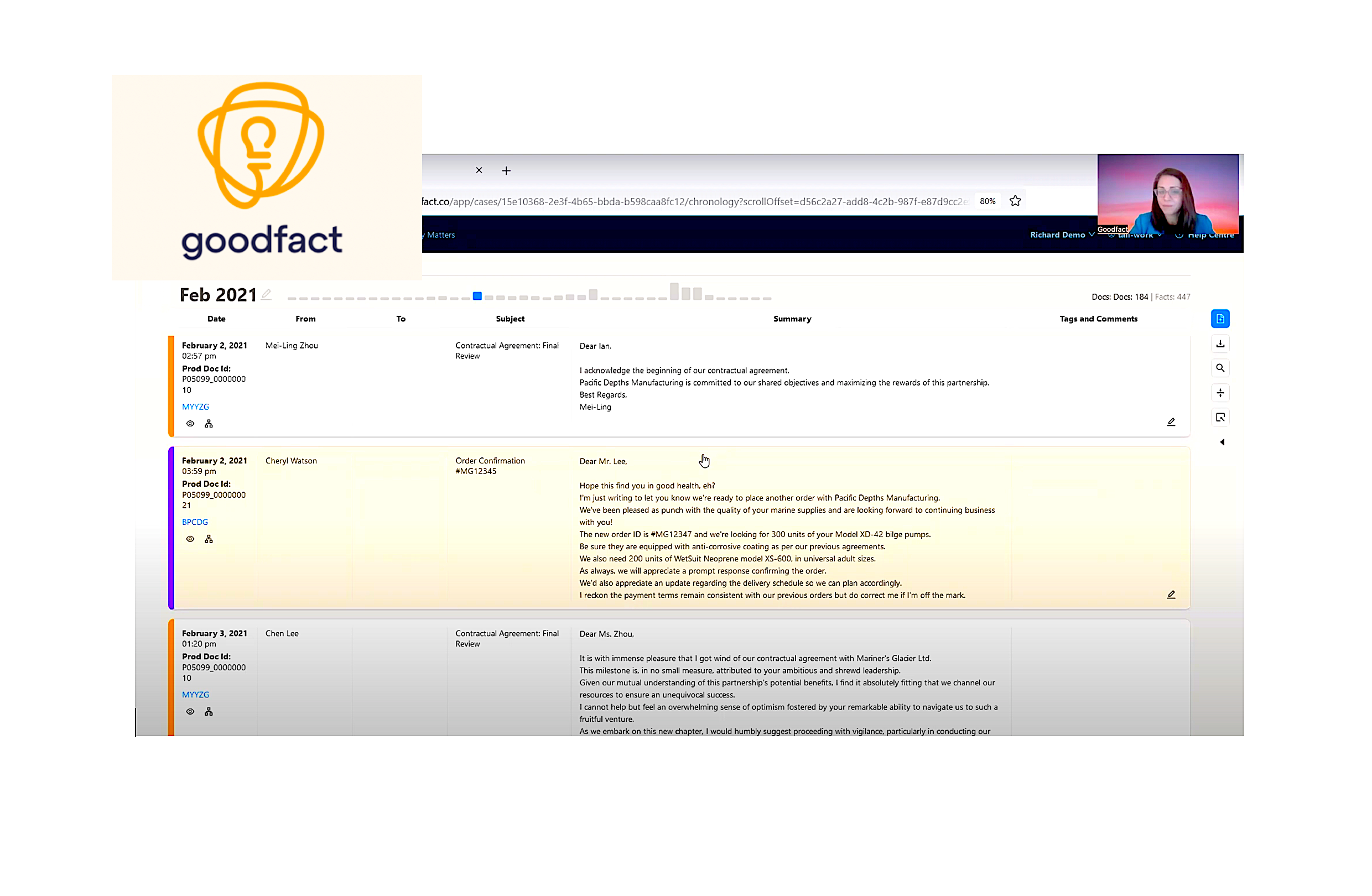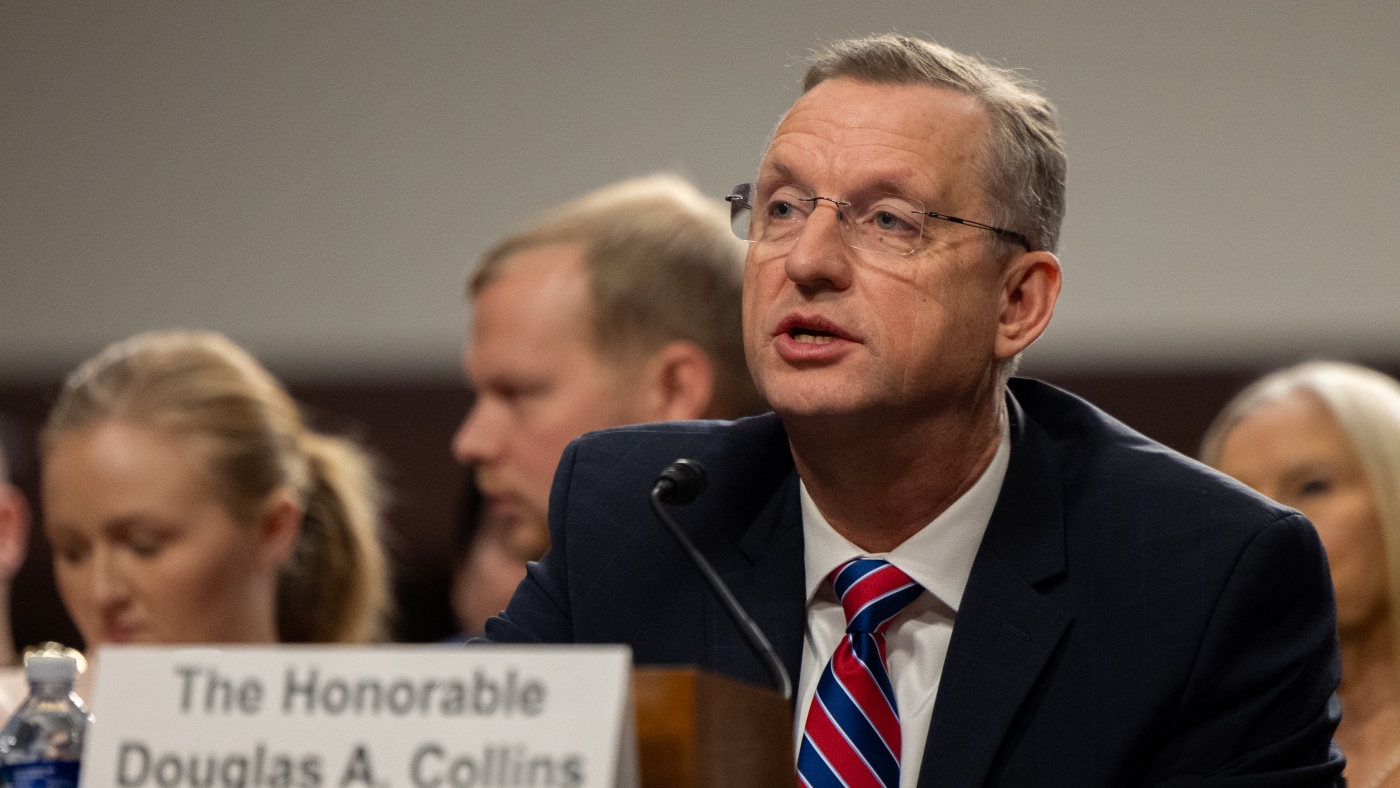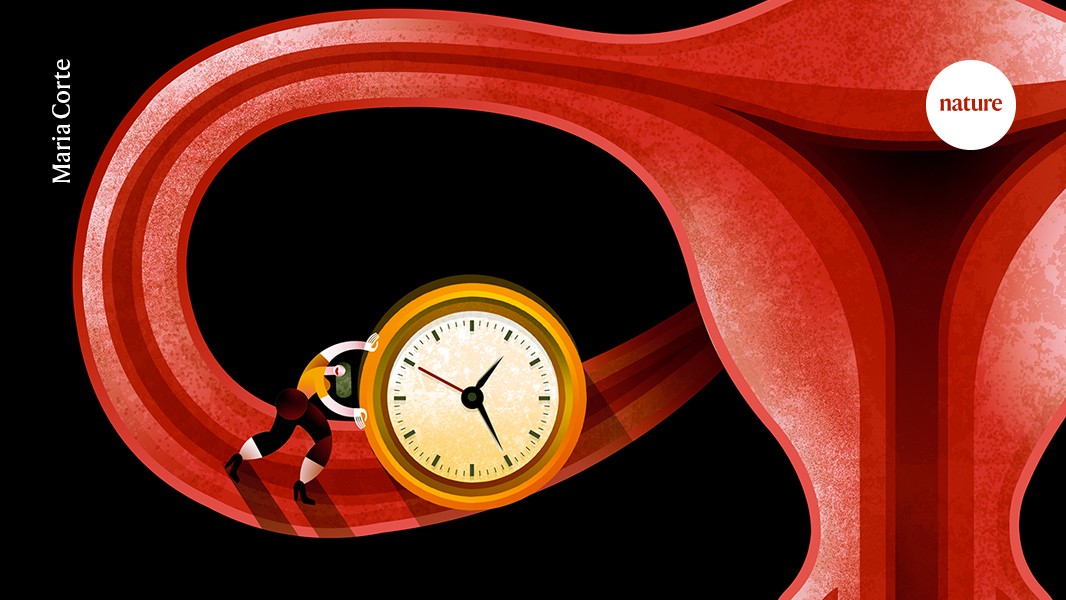Day 1 tariffs are bad for everyone — including President Trump
President Trump should not pursue rash Day 1 tariffs after his inauguration is over. The market shock will be severe.

Today, on the day of President-elect Trump’s second inauguration, his proposed Day One actions are beginning to take shape. Axios reports Trump is now weighing immediate tariffs on Canada and Mexico under the guise of a “national economic emergency.” With Canada ramping up its plans for retaliatory tariffs to slam America “dollar for dollar,” cooler heads in the new Trump administration must prevail if Americans are going to be spared the blow to their household budgets.
Trump understands the practical politics of having leverage over both allies and opponents, but he risks losing all of it in a North American trade war.
Trump ran in 2024 on his plan to saddle Canada and Mexico with a 25 percent tariff as leverage to get their help on his immigration agenda, but the fact remains that Trump’s voters will be the ones feeling the direct impact. Day 1 tariffs would make February’s Super Bowl the most expensive for consumers in recent history.
Trump ally and fellow TV star Kevin O’Leary of the hit show Shark Tank has been making the rounds on air, telling Trump to be “hardcore” with tariffs on China. He even suggested China could see “riots in the streets” if Trump targeted China’s consumer exports, which explains the massive influx of Chinese goods into the U.S. in December.
North America as a trading block is uniquely positioned to thrive during the Trump administration, but instead of promoting growth and lower costs for Americans, framing a destructive trade war is all that’s being discussed. The sophisticated supply chain integration between the U.S. and Canada has resulted in lower prices for consumers, especially when it comes to automobiles. In 2022, Canada exported $12.9 billion in motor vehicle parts and accessories, with $11.4 billion of that flowing directly to the U.S.
In Michigan, 13 percent of the state’s gross state product is reliant on Canadian automotive trade. What’s the point of expanding U.S. oil production and lowering the price of gas at the pump if cars and auto parts are just going to get more expensive nationwide? Considering that $132 billion in oil and petroleum flows from Canada into the U.S. every year, it’s highly unlikely the Trump administration could replace that oil with American product fast enough to avoid sticker shock at gas stations.
Trump and his Canadian bargaining partners don’t seem very committed to rolling back the painfully high costs of living that marked the Biden years; instead, they’re shifting the costs to new sectors.
Everyday Canadians would face significant hardships from a 25 percent tariff on exports to the U.S. Even without the almost certain costs of retaliation, bread in Canada could climb from $3.50 to $5.00 per loaf. Spread across the grocery sector, it amounts to thousands lost annually to price hikes. Atop inflated prices, job losses due to corporate cost-saving measures could spell catastrophe for Canada.
Trump’s hardball mindset is that this is Canada’s problem and that it can be solved simply by submission to his demands, but it’s more likely that the U.S. will then be thrown into a “shallow recession” before he’s even finished decorating the West Wing. As O’Leary warned about potential unrest in China, unhappy Americans dissolve any leverage Trump and Republicans in Congress may have in this trade standoff.
To get a better look at the potential repercussions, we can look at the effects of the 1930 Smoot-Hawley Tariff Act, which imposed tariffs on tens of thousands of imported goods in an attempt to protect American farmers and industry during the Great Depression. The result was an international trade war that caused global trade to fall by 66 percent and U.S. exports and imports by about two-thirds, effectively worsening and prolonging the Great Depression in the U.S.
Of course, Canada responded to Smoot-Hawley in the same way Ottawa is planning right now, sparking their own economic depression north of the border. It’s the epitome of the phrase “cutting off your nose to spite your face.”
At the very least, President Trump should not pursue rash day-one tariffs after his inauguration is over. The market shock will be severe. At best, trade negotiations should proceed with caution and tariffs should be recognized as the tax on consumers that history has shown them to be.
Reality must be our guide if North America is going to rebound and unlock its economic potential in the years to come. Canada and the U.S. can both thrive, and that means we must come together.
Elizabeth Hicks is U.S. affairs analyst at the Consumer Choice Center, where Sabine El-Chidiac is Canadian policy associate.
What's Your Reaction?




















![[FREE EBOOKS] Hacking and Securityy, The Kubernetes Book & Four More Best Selling Titles](https://www.javacodegeeks.com/wp-content/uploads/2012/12/jcg-logo.jpg)





















![AI in elementary and middle schools [NAESP]](https://dangerouslyirrelevant.org/wp-content/uploads/2025/01/NAESP-Logo-Square-1.jpg)








































